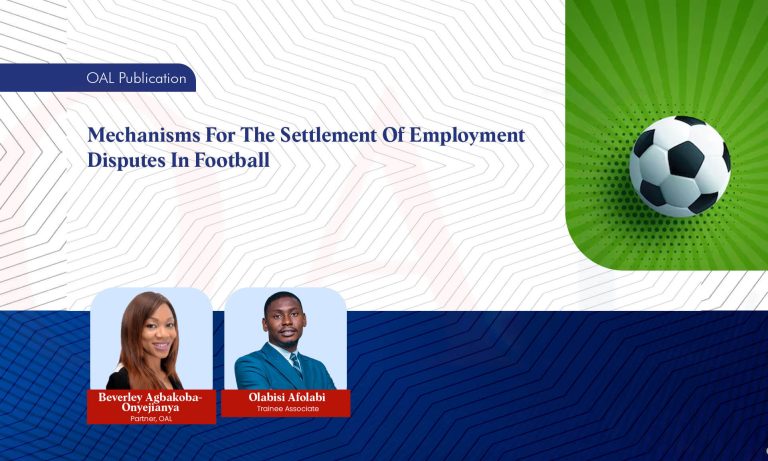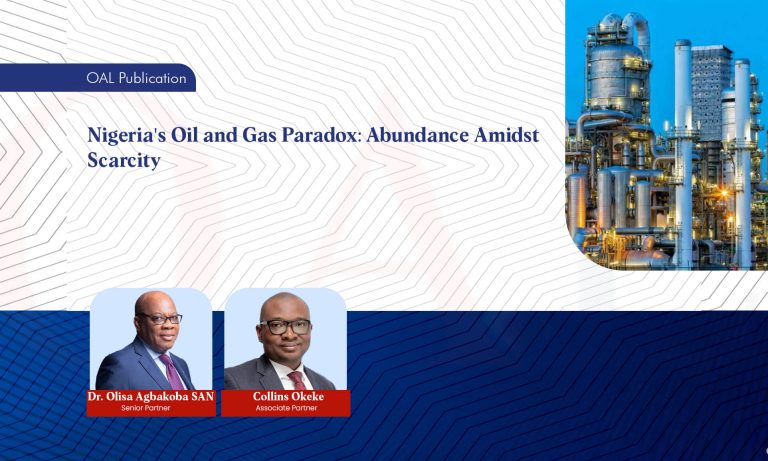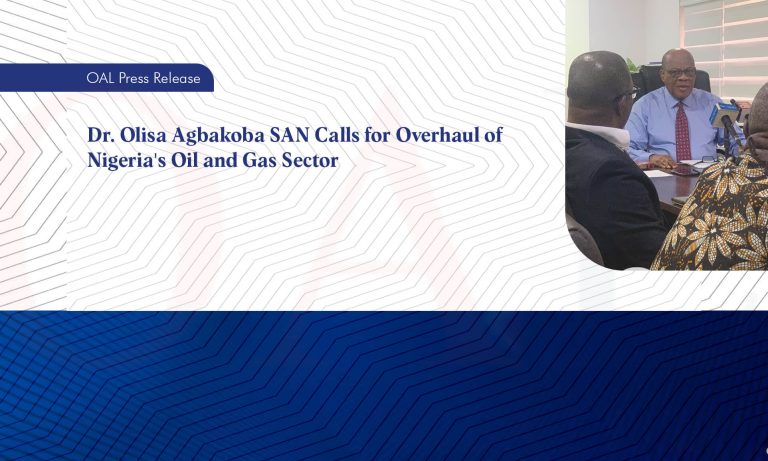
Notable Provisions Of The Copyright Act 2022

President Muhammed Buhari on 17th March 2023 signed/assented to the Copyright Act 2022 thereby repealing the Copyright Act LFN 2004.
The new Copyright Act 2022 aims to facilitate Nigeria’s compliance with international copyright treaties, effectively protect the rights of authors to ensure just rewards and recognition for their intellectual efforts, provide appropriate limitations and exceptions to ensure access to creative works and enhance the capability of the Nigerian Copyright Commission’s ability to effectively administer and ensure enforcement and compliance of persons and entities with the provisions of the Act.
In addition to further expanding the powers of the commission to enable effective delivery of its mandate, the act also establishes a fund for the Commission, to be financed by government statutory allocation and other sources which will be applied towards the promotion of its objectives.
Under the Act, section 1 provides for works which are eligible for copyright protection. The list includes literary works, musical works, audiovisual works, sound recordings and broadcasts. Cinematography contained in the old act was excluded from this list and replaced by audiovisual works.
Below, are some of the notable provisions of the new Act highlighted:
EXPLICIT PROTECTION FOR AUDIOVISUAL WORKS
Section 11 of the Act expressly stated that the consent of the owner of an audiovisual work must be obtained before it is reproduced, broadcasted or distributed to the public for commercial purposes through sale or other transfer of ownership. It also extends the nature of broadcast to include making an audiovisual work available to the public by wire or wireless means, in such a way that it is accessible to members of the public from a place and at a time independently chosen by them. It further provides for remuneration for the broadcasting of sound recordings and audiovisual work, to owners of such work.
INCLUSION OF DIGITAL COPY
Section 108 of the Act provides for the inclusion of digital content. It defines copy as any reproduction in any form including a digital copy This means that online content creators are protected from copyright infringements because online content including pictures, videos, sound recordings, and other productions which are all forms of digital copy can’t be used without obtaining consent from the owner or creators of such works.
EXPLICIT PROTECTION FOR PERFORMER RIGHTS
Performers rights are the exclusive legal rights performers have in relation to their performances; this includes the performing, recording, broadcasting, reproduction and adaptation of their performance for a period of fifty (50) years, from the end of the year their first performance(s) took place. A performer under the Act shall have an exclusive right to control the fixation of his unfixed performance, reproduction of a fixation of his performance in any manner or form and broadcasting of his unfixed performance to the public. He or she also has exclusive rights to make available to the public, fixed performances by wire or wireless means in a way that members of the public may access them from a place or at a time individually chosen by them.
Where several performers as a group take part in the same performance, consent is given by any person in charge of the group and any payment for the use of the performance, (unless otherwise stipulated by the contract of the parties) be made to such person and, subject to any contract between parties be divided equally among all the performers.
The performer’s right applies to citizens and residents in Nigeria and performances that take place in Nigeria. It further extends to performances that take place in countries which are parties to treaties or international agreements to which Nigeria is a party. The rights conferred to a performer under the act shall not be transmissible during the life of the said performer, but upon his death and such transfer shall be by testamentary disposition or by operation of law.
PROHIBITION OF ONLINE INFRINGEMENT
The act expressly prohibits online infringement. It provides that a person who communicates to the public or makes the work available to the public by wire or wireless means in such a way that members of the public are able to access the work from a place and at a time individually chosen by them for commercial purposes without the consent of the owner of the work in which copyright subsists is guilty of an offence. It allows owners of copyrighted works to compel Internet Service Providers to block user access to infringing content. The penalty stipulated for this offence is a fine of not less than N1,000,000.00 or imprisonment for a term of not less than 5 years or a combination of both.
INTRODUCE MORE ACTS WHICH CONSTITUTE COPYRIGHT INFRINGEMENT AND STIFFER PENALTIES
The Act introduced more acts which constitute an infringement of copyright. These include:
- The making of a copyrighted work available to the public via wire, wireless or online means without the consent of the owner and for commercial purposes;
- Refusing or omitting to pay upon demand, any royalty by virtue of a right of remuneration or agreement; and
- Aiding or procuring another person to commit an act which constitutes an infringement under the Act.
Also, the Act now expressly makes it a violation of copyright law to “circumvent” any technical measure that controls access to copyright-protected works. For example, it is a violation to disable encryption software used to prevent unauthorized access to a movie or music video stored or transmitted in digital form.
Furthermore, the act provides for stiffer penalties to deter copyright offences. It provides for penalties of fines ranging from N10,000 (for each unauthorised copy of a work with copyrights) to N5,000,000 and imprisonment terms ranging from one to five years or a combination of a fine and an imprisonment term. It makes copyright infringement actionable in both civil and criminal proceedings. Civil action can result in reliefs such as reimbursement of profits or award of damages or both.
PROTECTION FOR FOLKLORE/INDIGENOUS CULTURAL EXPRESSIONS
The Act also protects expressions of folklore, which include folklore, poetry, folk songs and dances, folk arts, drawings, carvings, sculptures, costumes and other works or imitations thereof. Any party who wishes to make commercial use of expressions of folklore would first need to obtain permission from the relevant indigenous community concerned, and/or the Nigerian Copyright Commission. Failure to do so could result in criminal sanctions being levied against the user.
PROVISION FOR VISUALLY IMPAIRED PERSONS
The act incorporated the Marrakesh treaty to facilitate Access to Published Works for Persons who are Blind or Visually-Impaired. It introduced a new exception to cater for the production and international transfer of specially adapted books for people with blindness or visual impairments, aligning with the Marrakesh Treaty to enable more virtually impaired Nigerians to access published materials.
FAIR DEALING
The act provides for an open “fair dealing” exemption from copyright, similar to the “fair use” clause in United States law, that extends the fair dealing exceptions in the repealed Act with a non-inclusive list of permissible purposes. The “four-factor test” from the US “fair use” clause has been adopted to assist Nigerian courts in determining whether a given unauthorized use of a work protected by copyright would qualify as “fair dealing”. Unlike the US “fair use” clause, there are no consumptive uses that are listed as permissible purposes.
CONCLUSION:
Content piracy has been a critical challenge since the inception of the digital age, particularly for Nigeria’s music, film, and television production industries. The introduction of the new act is a significant advancement in this fight against content piracy and other forms of copyright infringement. The act has mitigated these challenges by introducing new legal remedies to assist copyright holders with the enforcement of their rights.
Authors




